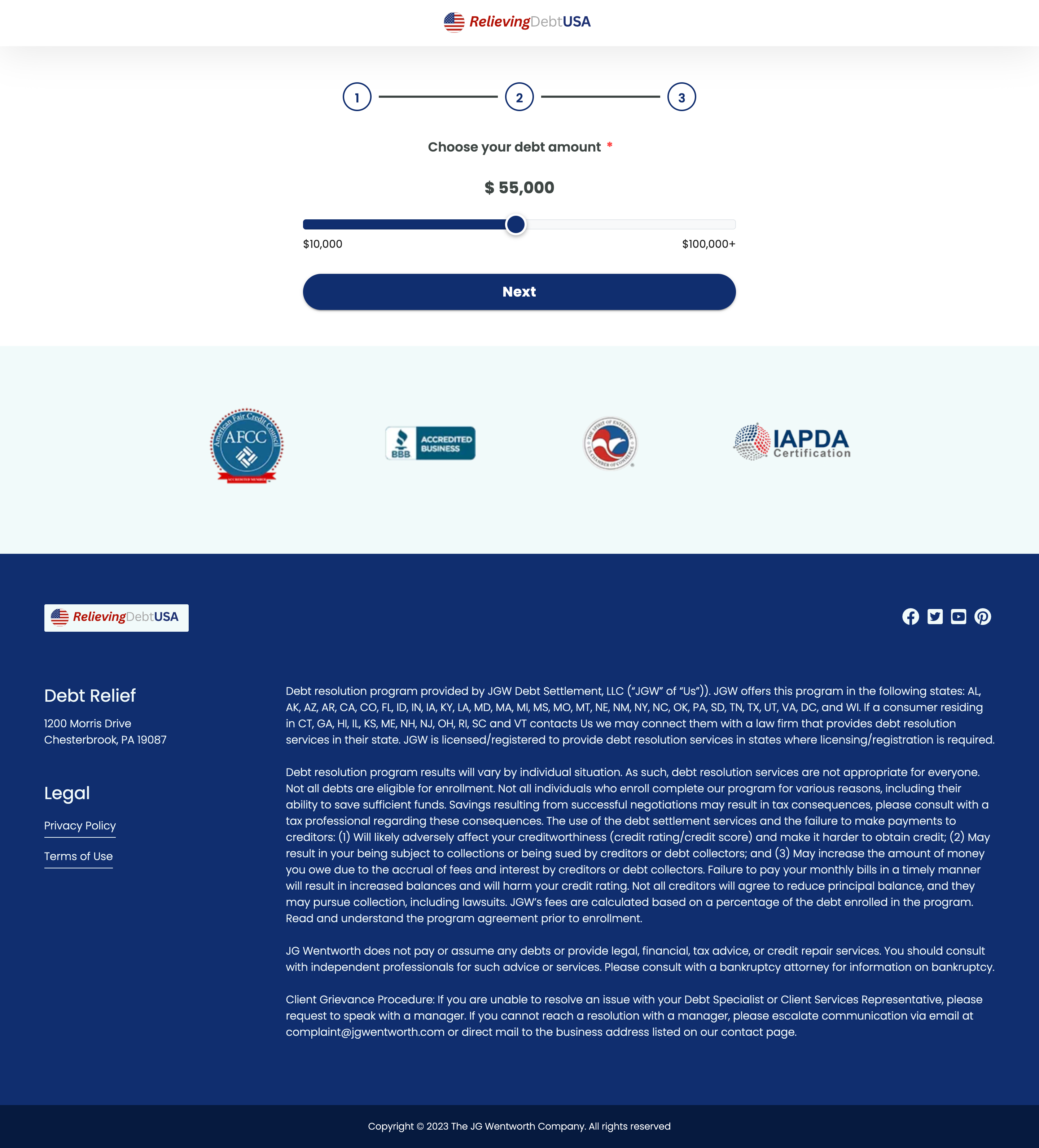How to Save Entire Web Pages with Images and Videos
Table of Contents
- Introduction
- Reasons to Save Web Pages
- Manual Methods of Saving Web Pages
- Automatic Tools for Saving Web Pages
- Considerations When Saving Web Pages
- Conclusion
Introduction
With the ever-growing amount of information available on the internet, knowing how to save entire web pages with images and videos is an invaluable skill. Whether you’re conducting research, gathering resources for a project, or archiving content for future reference, being able to capture a web page in its entirety can be incredibly useful. This article explores some of the most effective methods and tools available for saving web pages, including text, images, and video content.
Reasons to Save Web Pages
There are numerous reasons why someone might want to save a webpage, including:
- Research and Documentation: Easily reference material as part of a research project or documentation.
- Content Backup: Ensure access to web pages even when offline or when the web page is deleted or altered.
- Design Inspiration: Archive web designs for inspiration or analysis without the need for an internet connection.
- Evidence Gathering: Use saved pages as evidence in technical or legal disputes.
Manual Methods of Saving Web Pages
Using Browser Features
Modern web browsers like Google Chrome, Firefox, Safari, and Edge offer built-in methods to save web pages. These features vary from browser to browser, but generally offer similar capabilities:
- Select the browser’s menu (e.g., Chrome’s three-dot menu in the top right corner).
- Choose “Save page as” (or a similar option).
- Pick the format in which you wish to save the page, typically HTML, which will include text and images.
Although these methods are simple, they often miss certain elements like dynamic content or embedded videos.
Right-Click and Save
For web pages with specific elements that you want to save, the right-click functionality allows you to save images, text, and videos separately. Simply right-click on an element and choose “Save Image As…” or “Save Video As…”. This method can be effective for individually saving visible items but can be time-consuming for pages with numerous elements.
Automatic Tools for Saving Web Pages
Extensions and Add-ons
One of the easiest ways to save entire web pages efficiently is by using browser extensions or add-ons. These tools integrate directly into your browser and often offer one-click solutions for saving web pages. Popular extensions include:
- Pocket: Saves web pages for offline reading.
- Evernote Web Clipper: Clips parts or entire web pages to your Evernote account.
- Landing Page Ripper: A versatile tool specifically designed as a landing page downloader that can save web pages, including HTML, CSS, and all media elements like images and videos.
Specialized Software
Beyond browser extensions, there are standalone software tools available that can save entire web pages and even entire websites. These programs offer advanced options and greater flexibility in what and how you save content:
- HTTrack: An offline browser utility, it allows you to download a website from the internet to a local directory.
- WebCopy: A Windows-based software that allows you to copy a website to your local drive.
These tools typically provide more robust solutions but require installation and configuration, making them less convenient for quick one-off saves than browser extensions.
Considerations When Saving Web Pages
- Legal and Ethical Aspects: Always ensure you have the right to save the content, particularly if it will be redistributed or used commercially.
- Dynamically Loaded Content: Be aware that some web pages load content dynamically through JavaScript, which may not be captured using standard save techniques.
- Storage: High-resolution images and videos take up significant storage space, so ensure you have enough disk space.
Conclusion
Saving entire web pages with all their media content doesn’t have to be a hassle. Whether through built-in browser features, efficient extensions like the Landing Page Ripper tool, or specialized software, there are multiple ways to ensure you can capture web pages for later use. Understanding these options allows you to choose the best method for your needs, bearing in mind considerations such as legal use and storage requirements.
The ability to download complete landing pages not only ensures that you have offline access to crucial information but also equips you to manage resources effectively for research, archiving, and competitive analysis.









